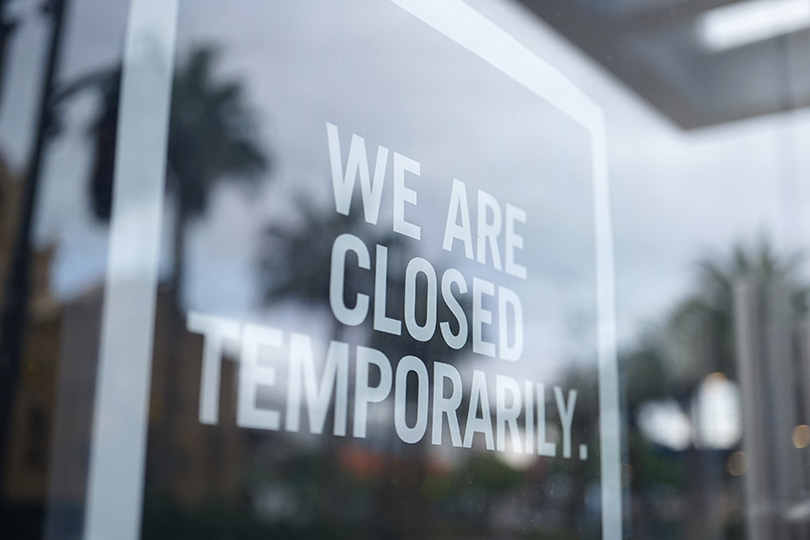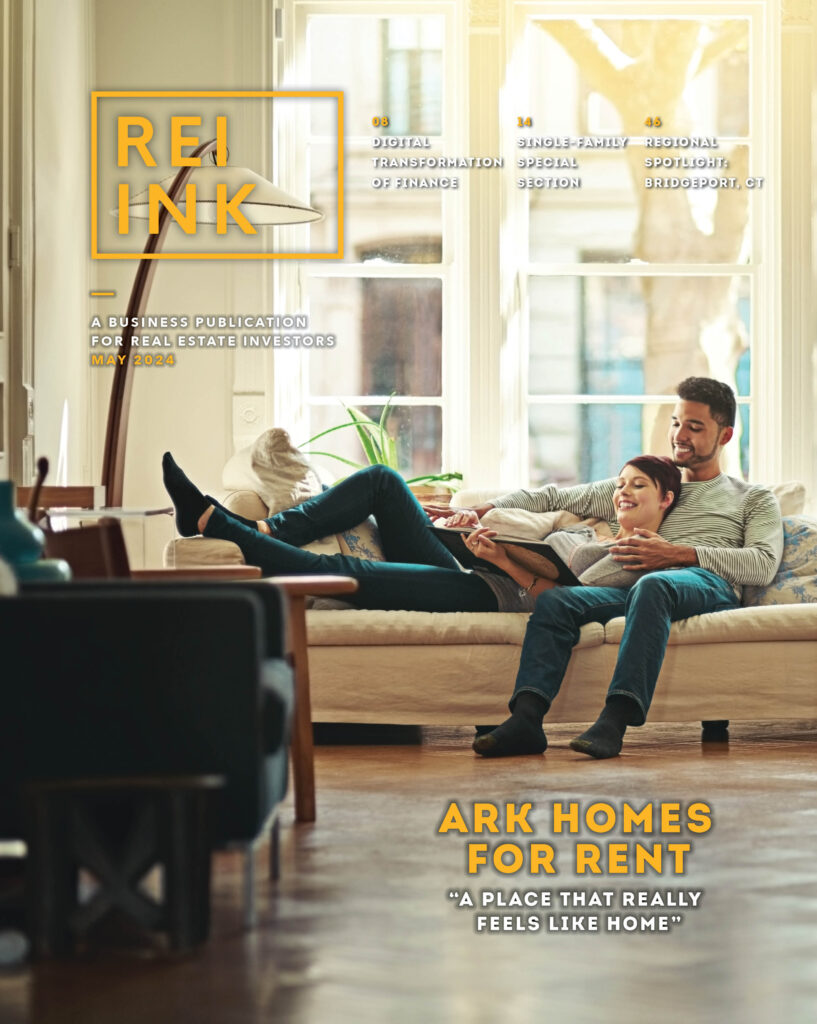5 Economic “Side Effects” of the Coronavirus

How you respond to them could mean the difference between the survival or total failure of your business.
For real estate investors, COVID-19 hits very close to home. Literally.
In some states, investors find themselves in terrible financial danger because they cannot finish their flips, show their properties, rent to new tenants or evict residents delinquent on their rents.
In other states, the opposite is happening. Real estate investors are, as they naturally tend to be, serving as the backbone of troubled communities. They are creating new, affordable residences where people can live. They are working to provide financing and funding in an era where many banks will not or cannot do so. They are building new developments and renovating old buildings into new, productive spaces.
As the true face of the coronavirus more fully emerges, we will continue to adjust and reevaluate how we look at the responses of our own businesses and states. Regardless of who opens “too early” or waits until “too late,” the country is certainly in the midst of some serious economic “side effects” of the virus that will directly impact real estate investors now and likely for years to come.
Side Effect #1: 20% of children are not currently getting enough to eat.
With school breakfast and lunch programs suspended along with school, many children are not getting nutritious meals. Although most public school systems and local support organizations like churches and food banks are working hard to fill the gap, many kids and their families will be underfed during the summer months.
What does this have to do with real estate investors? It will affect families’ overall financial situations and likely how they choose to locate—or relocate—their children prior to fall, when schools currently plan to reopen. Districts that care for their hungry children throughout the summer and appear most likely to open in the fall will be attractive to families dealing with this harsh reality.
Good Success Insight:
This issue is relevant to investors on a more individual level as well. Check in on your tenants! You could help them stay afloat by connecting them with local services, and you might just keep their finances in a better state as well. Plus, it’s just the right thing to do.
Side Effect #2: People are buying new things instead of remodeling.
Big-box home-improvement stores like Home Depot appear likely to post banner earnings for the first quarter of the year. But, overall, Americans are spending more money on things for their homes—things like entertainment items, new furniture and décor—than they are on serious remodeling projects.
Consider a comparison of Home Depot and Wayfair performances. During April 2020, Home Depot stock rose 12% in value. Wayfair, an online home goods retailer, grew revenues by “roughly 90%,” according to an online earnings call at the end of April. The company’s CEO, Niraj Shah, said the spike coincided with stay-at-home orders (which dramatically accelerated e-commerce adoption in the home goods category) and federal stimulus check mailings.
For real estate investors, this shift means the era of HGTV-driven home design and home-buying could be shifting. If homeowners have more things they like to put in their houses, it may be necessary to cater to the looks and design trends appearing in online marketing pieces instead of to those appearing on reality real estate television.
Side Effect #3: Young adults’ homeownership preferences will likely change—again.
Just in time for the millennials to start recovering from the trauma of the Great Recession, coronavirus slammed into the junior portion of that population. And Gen Zers, who are just now graduating from college, have had their efforts to enter the workforce hit with a staggering and unprecedented trauma. Frequently ill-equipped to work remotely despite intimate familiarity with all things digital, Gen Z could be entering a period that may put many millennials’ delayed “launches” from their parents’ basements to shame. They are facing social distancing, remote learning, sky-high student loan debt and the highest U.S. unemployment rate on record. When Gen Z does leave the nest, it will likely be for an extended period of renting and without any feasible options for homeownership for at least a decade.
Real estate investors will have an opportunity to provide solutions and options (e.g., various multifamily housing options that are affordable and meet the needs of today’s young adults). Many analysts predict that Gen Z may never feel any desire to own a home at all or be able to do so. However, it is more likely that Gen Z’s response to this pandemic will be similar to how millennials reacted to the housing crash and Great Recession: opt to rent longer but eventually move toward homeownership when their finances permit them to do so.
Side Effect #4: Green is going to equal gold.
Everyone has seen the walkers, the joggers, the bikers and the newly initiated nature lovers out there clogging up the roads, sidewalks and hiking trails. Whether COVID-19 turns out to be vulnerable to sunlight or not, everyone has a new appreciation for the outdoors these days. Homeowners and renters will be looking for areas where they can enjoy the outdoors while keeping a safe distance between themselves, their families and others. Proximity to parks, while always a value-add, is likely to become golden in the coming months, as is a high walkability score and the private patio or deck.
In 2018, the National Association of Realtors and the National Association of Landscape Professionals predicted homeowners who added fire features that included a gas burner and patio area would reap a 67% return on investment upon sale. Today, estimates range from 78% ROI to more than 100%. Customers at local home goods stores are getting into fist fights over patio furniture. It seems safe to speculate outdoor living space is getting ready to have another big moment.
Side Effect #5: Location is still going to be everything, but the costs are going to be more severe.
As the year progresses and real estate investors continue to grapple with the uncertainty surrounding the COVID-19 pandemic, it becomes clearer than ever that location is everything, not just for your physical properties but for your real estate investing business as well. One investor closes their doors permanently in a state shuttered until June, with no allowances for “nonessential work” like renovating a vacant property even if only one person is inside. Yet another investor gets to work developing 150 new units that will yield hundreds of thousands of dollars for their self-directed retirement account. Just do not forget that if you are on the “wrong” side of a state line, you can probably still figure out a way to do real estate on the other side of it.
Don’t Spend Today Waiting to See About Tomorrow
Many real estate investors, small business owners and many Americans, are stuck in a “wait-and-see” pattern over whether:
- A vaccine or treatment will be developed for the coronavirus.
- Their state will reopen.
- They will still have a job.
- They will get sick when they do finally venture outside.
- Another stimulus check will arrive in the mail.
- Etc., etc., etc.
As a population, real estate investors are inclined to research, evaluate and act, not “wait and see” what happens. Do not let this valuable character trait fail you now.
Instead of “wait and see,” watch and respond. Your actions could mean the difference between the survival and success of your real estate investing business—and stagnation or total failure.









